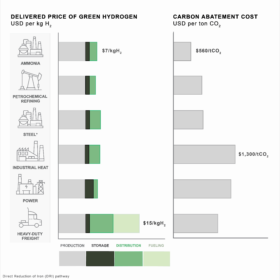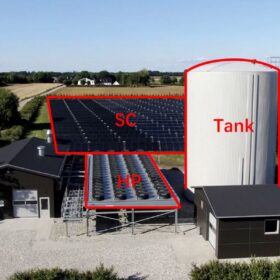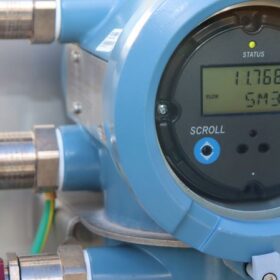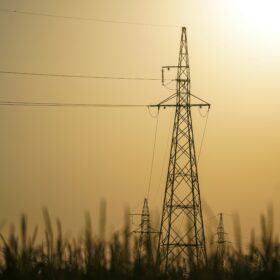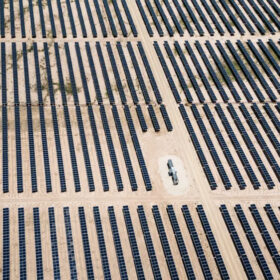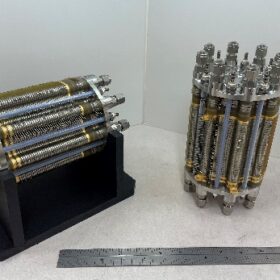The Hydrogen Stream: Harvard researchers say H2 costs underestimated
Harvard University researchers say hydrogen costs are underestimated due to unaccounted storage and distribution variability across sectors, while Kore Infrastructure has told pv magazine that it aims to reach a levelized cost of hydrogen (LCOH) of between $1/kg and $2/kg.
Key trends in battery energy storage in China
China has been an undisputed leader in the battery energy storage system deployment by a far margin. The nation more than quadrupled its battery fleet last year, which helped it surpass its 2025 target of 30 GW of operational capacity two years early. ESS News sat down with Ming-Xing Duan, secretary of the Electrical Energy Storage Alliance (EESA), to discuss the latest market trends.
Air-to-water heat pump for solar-assisted district heating
Researchers in Denmark have found that using a large-scale air-to-water heat pump in solar district heating may significantly reduce its levelized cost of heat. The proposed system configuration was simulated for an existing district heating plant in Denmark and was found to improve the flexibility of the system in response to energy prices.
Form Energy raises $405 million for its multi-day iron-air batteries
The US-based long duration energy storage startup has raised more than $1.2 billion to date, making it one of the top-funded players in the space.
UK launches cap-and-floor scheme for long duration energy storage
The UK government has unveiled a cap-and-floor scheme to kick start investment in long-duration energy storage. The first round of applications is scheduled for 2025.
Australian gas utility hits 10% renewable hydrogen blend milestone
Western Australian gas utility ATCO Australia has achieved a network distribution blend of up to 10% renewable hydrogen, produced by a solar-powered electrolyzer, for 3,000 homes.
India allocates 1.2 GW of renewables-plus-storage at average of $0.051/kWh
SJVN has allocated 1.2 GW of renewables-plus-storage capacity in India at an average price of $0.051/kWh for firm, dispatchable renewable energy.
UK startup unveils industrial heat pump for hot water, steam generation
Futraheat has developed a 300 kW/1.5 MW heat pump that can reportedly deliver steam up to 130 C and reach a coefficient of performance of 6.2. The first prototype was deployed at a brewery in Sussex.
CIP building 1.1 GWh standalone battery storage project in Chile
Copenhagen Infrastructure Partners (CIP) has approved a final investment decision and started construction of the Arena battery energy storage system (BESS) project, with the aim of supplying energy from the first quarter of 2026.
The Hydrogen Stream: Infinity sends fuel cell to NASA for lunar testing
Infinity says it has delivered a fuel cell prototype to NASA for ground testing, aimed at demonstrating a regenerative energy storage system for potential lunar applications.
